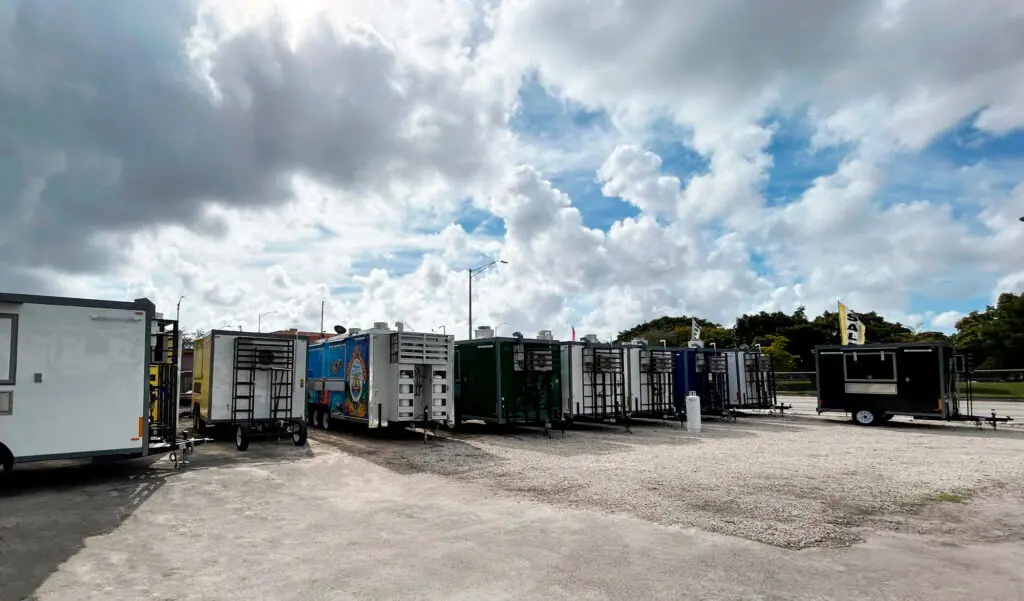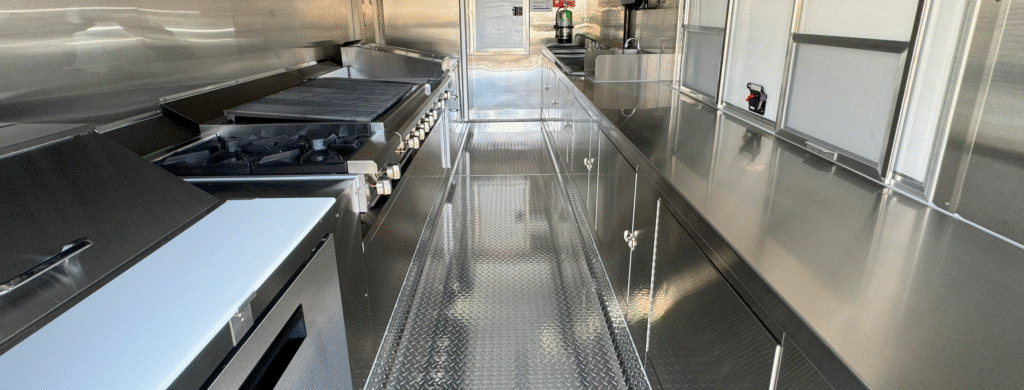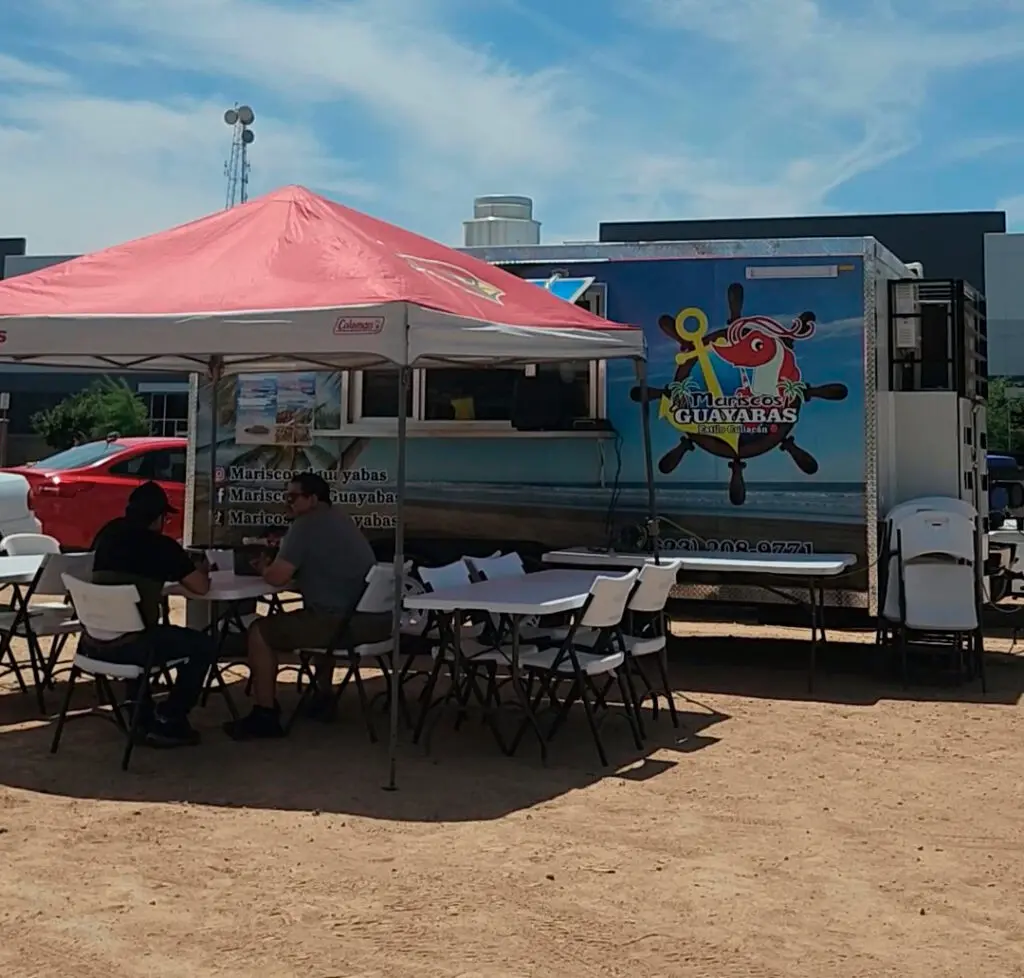How To Operate A Food Truck Business

How to Operate a Food Truck Business
Operating a food truck business in the United States can be a rewarding venture—if you do it the right way. This guide will show you how to run a food truck business the right way — covering laws, daily tasks, and marketing
1. Understand Local Regulations and Permits
Before you hit the streets, ensure your food truck complies with local laws. Each city and state has different rules for mobile food vendors.
Common licenses and permits include:
- Business license
- Mobile food vendor permit
- Health department permit
- Fire department inspection
- Vehicle registration and insurance
Contact your local city hall or county clerk to learn about the specific requirements for your operating area.
2. Set Up Your Food Truck for Success
Once your paperwork is in order, your food truck needs to be properly equipped for daily operations.
Key setup areas include:
- Kitchen layout and equipment: Ensure your truck has commercial-grade appliances, proper ventilation, and stainless-steel surfaces.
- Water and waste system: You must have fresh and grey water tanks, with easy drainage access.
- Power supply: Food trucks commonly use generators or shore power connections.
- Fire safety systems: Install an automatic fire suppression system and have up-to-date fire extinguishers.
A licensed inspector typically approves your setup before you can operate.
3. Build a Reliable Supply Chain
Reliable sourcing of ingredients is crucial. Work with local suppliers or wholesalers to ensure consistent product quality and availability.
- Use inventory management systems to avoid waste or shortages.
- Consider seasonal menu planning to align with available ingredients.
4. Train Your Staff Properly
Even if your team is small, training is essential.
Focus on:
- Food safety (ServSafe certification is often required)
- Cash handling and POS systems
- Customer service etiquette
- Setup and teardown routines
Regular team meetings help maintain consistency and compliance.
5. Choose High-Traffic Locations
Where you park affects your income. Research your area to find the best locations:
- Downtown business districts
- Parks and leisure areas
- Breweries and event spaces
- Food truck parks
- Farmers markets and festivals
Always verify local zoning laws and parking regulations before operating in any area.
6. Create an Efficient Daily Routine
Your day-to-day operation should be well-structured. A typical daily schedule includes:
- Morning prep and equipment check
- Drive to your location and set up
- Serve during lunch/dinner rush
- Close, clean, and restock for the next day
- Track sales and customer feedback
Efficiency in these areas reduce burnout.
7. Market Your Food Truck Business
Marketing is key to long-term success. Use both online and offline strategies:
- Social media: Instagram, TikTok, and Facebook are perfect for daily menus and real-time updates.
- Google Business Profile: Helps people find your truck through local search.
- Loyalty programs: Offer digital punch cards or discounts for return customers.
- Catering gigs and private events: Great for extra income and brand exposure.
8. Stay Compliant and Adapt
Laws, food trends, and consumer habits evolve—so should you. Keep up with:
- Health code updates
- Fire safety requirements
- Menu innovations
- Customer preferences
Attend industry expos and network with other food truck owners to stay informed.
Final Thoughts
Learning how to operate a food truck business takes planning, discipline, and ongoing education. But with the right strategy and mindset, you can build a profitable and scalable mobile food operation. Follow the steps above to ensure legal compliance, efficiency, and business growth.
Looking for support in designing or equipping your food truck?
At Foods Trailer Shop, we specialize in custom-built food trailers designed for long-term success. Contact us today to begin your project.



